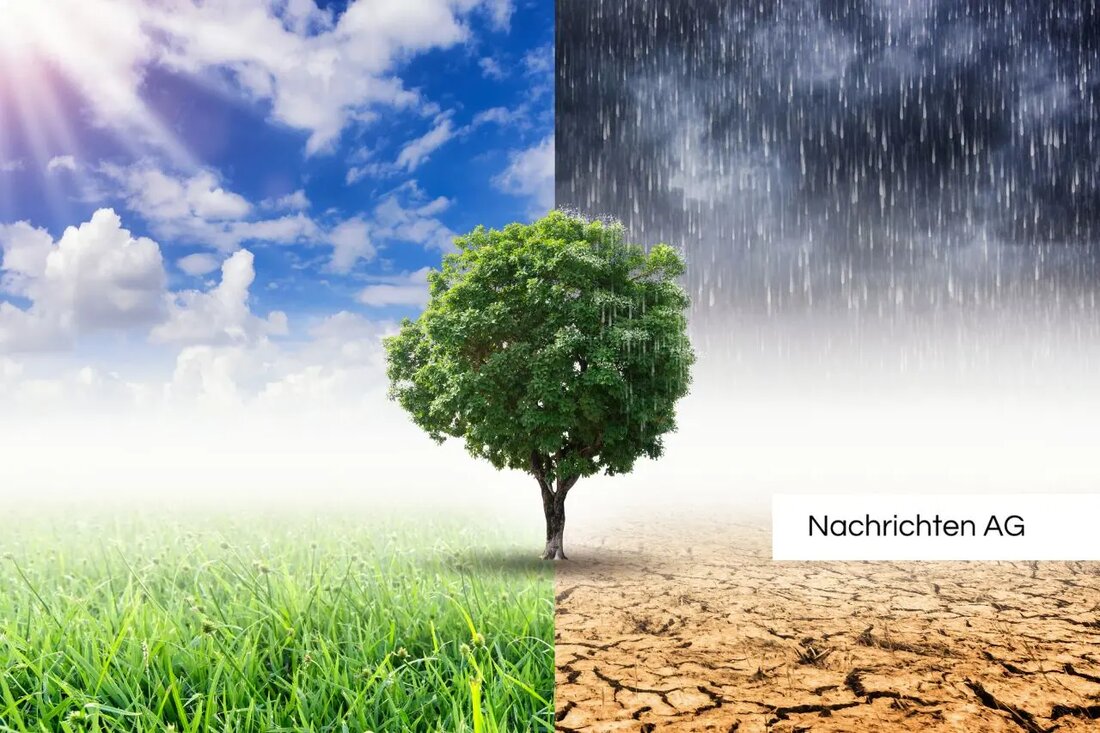New speaker demands global cooperation for sustainable future!
New speaker demands global cooperation for sustainable future!
In December 2025, Pirmin Spiegel took up his new role as a speaker for global learning and sustainability in the innovation and transformation unit. After 15 years in Brazil, where he worked in community and educational work, and over a decade as the general manager of Misereor, he is now returning to his homeland. SPIEGEL, which comes from Großfischlingen near Edenkoben in the Palatinate, describes this return as a return to his roots. He deals intensively with the need to combine global and local perspectives.
his goal is to bring stories from the global south and Africa into the discussion. In view of the current membership statistics for churches in Germany, which show that only about 13 % of the population have an affinity for one of the great churches-and this proportion is even lower for those under 25-is convinced that new ways have to be found in order to sustainably testify to the church mandate. This includes the topics of humanity, justice and climate change.
global perspectives and church responsibility
SPIEGEL criticizes the strong nationalist tendencies that are expressed in the slogans "America First" and "Europe First", and advocates a more global perspective. He underlines that the Church should not stay out of political issues, as this can be interpreted in the current world situation as a political statement. He understands the concept of "global learning" empowerment and ownership in order to enable young people in particular to actively contribute to the common good.
A central point of his agenda is the link between climate change, social and economic questions. In this regard, he refers to the encyclical "Laudato Si" by Pope Francis, which emphasizes the interdependence of all social issues. SPIEGEL plans to develop concrete solutions and seeks the dialogue instead of acting with the index finger raised. He sees the decreasing importance of the church and the persistent challenges through individualization and secularization processes as a fact and wants to actively counter these challenges.
Education for sustainable development
Another important aspect for mirrors is the education for sustainable development (ESD). This should be thought globally in order to meet the diverse challenges of climate change. The sustainability goals (Sustainable Development Goals, SDGS), which were adopted in 2015 by the UN General Assembly as an "Agenda 2030 for sustainable development", form a framework. Climate change requires global cooperation, since many problems such as plastic pollution or ozone hole are cross -border.
The learning challenges of the ESD are to understand the global networking and take responsibility. People often tend to focus on local experiences, which makes understanding for global relationships difficult. The Beutelsbacher Konsen, which says that learners must not be surprised in order to form their own opinion, is of central importance here.
Educational offers should not only address local experiences, but also include common goals and participative experiences. Promoting didactic approaches, self -reflection and dealing with your own normality are crucial to strengthen the maturity of the learners.
Spiegel wants the church to become part of a learning community that works together on future questions and promotes sustainable ways of life. He recognizes the challenges through climate change and the linking of social and economic aspects and would like to reflect on how agriculture and trade agreements are designed at a global level.
In summary, it can be said that Pirmin Spiegel pursues a comprehensive and integrative approach for global topics, with the aim of enable people and positioning the church as an active part of a changing world. These approaches are of crucial importance in order to successfully master the challenges of our time, both locally and global.| Details | |
|---|---|
| Quellen | |


Kommentare (0)